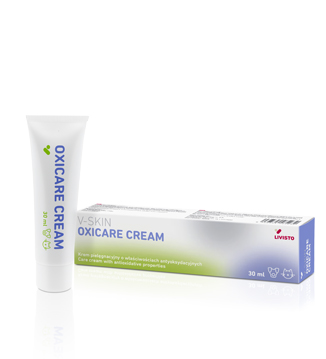Wounds in dogs and cats
Wounds in dogs and cats can be classified into different categories, and their treatment will vary depending on this.
The number of bacteria present determines the difference between contaminated and infected wounds
Minor cuts and grazes
Small cuts and superficial grazes normally heal within a few days. Keep the wound clean and monitor changes constantly.
Large cuts and tears
These wounds may need stitches, staples or even surgery depending on the severity. Your pet may also need antibiotics and pain killers.
Bite wounds
These can be more serious than they look as they can become infected very quickly. Cat bites tend to be small puncture wounds. In this case your pet will need antibiotics. Sometimes there can be large tears that may need drainages or even surgery.
Burns
Both hot and cold things can cause skin burns, also some chemicals. Burns are very painful for your pet and can easily become infected.
Pressure wounds
Prolonged pressure on an area of skin can lead to ulcers.These are common in animals that are unable to move or that spend a long time lying down, such as older animals with mobility problems. It is better to prevent them developing by providing sufficiently padded beds, frequently changing the pet's position and ensuring the best hygiene. Applying creams to speed healing can also help.
Abscesses
Quite usual in cat bites or dental problems in rabbits. Pus builds up in a pocket under the skin. They are very painful and will require antibiotics.

You can sometimes treat pets' minor wounds at home since not every scrape or injury requires emergency care. But remember, the wound you see on the surface may not be the whole extent of the damage.
Contact your vet immediately if you are worried, if the wound is bleeding heavily and/or not stopping, if the wound fully penetrates the skin, seems inflamed, smells unpleasant, releases pus or if your pet seems unwell.
V-SKIN product that can help you



 We use cookies on our website to give you the most relevant experience by remembering your preferences and repeat visits. By clicking “Accept”, you consent to the use of ALL the cookies. However you may visit Cookie Settings to provide a controlled consent.
We use cookies on our website to give you the most relevant experience by remembering your preferences and repeat visits. By clicking “Accept”, you consent to the use of ALL the cookies. However you may visit Cookie Settings to provide a controlled consent.